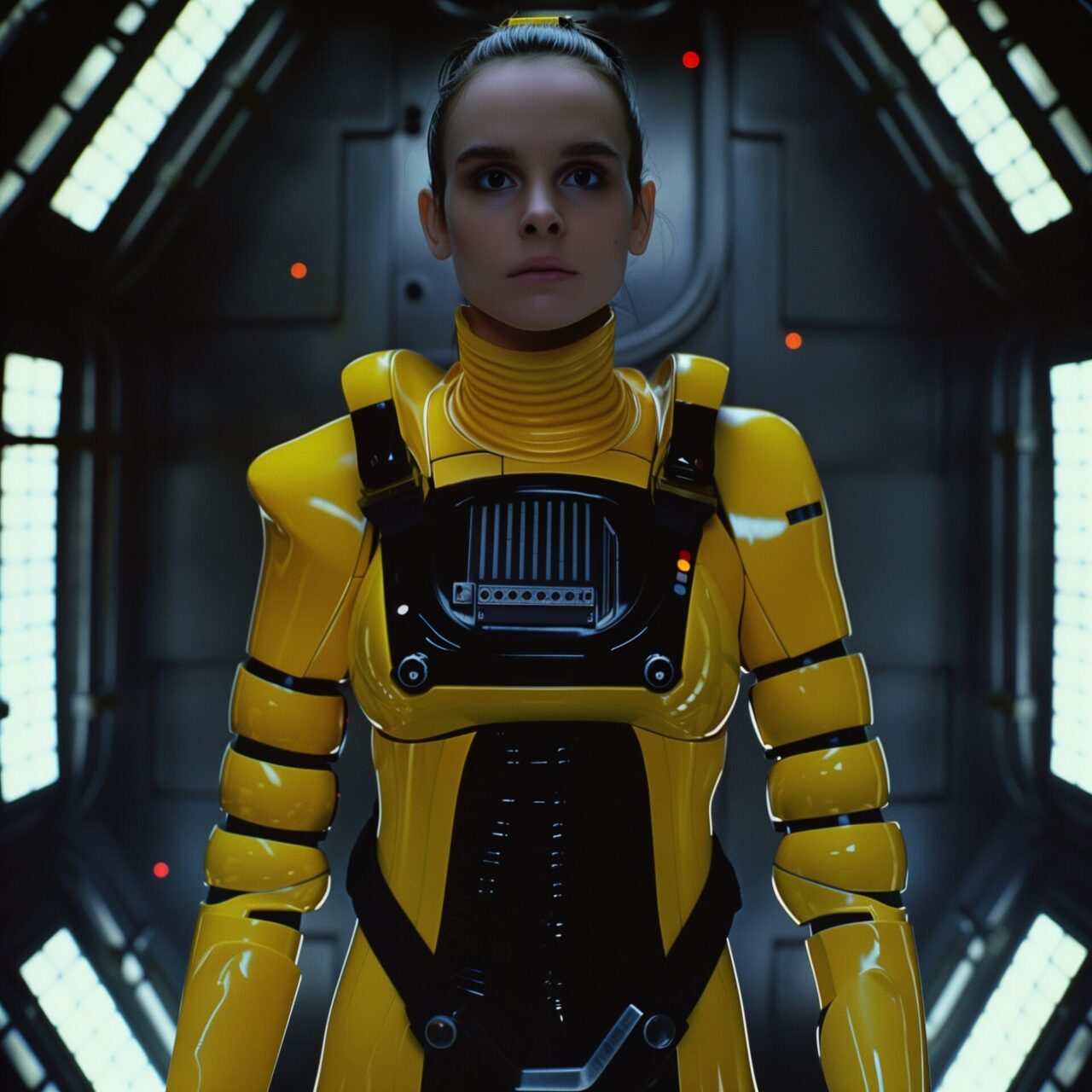
Time travel
Time travel has fascinated mankind for generations. Once a mere mind game in the nebulous expanses of science fiction literature, it has since found its way into serious scientific discourse. This trans-dimensional journey from fiction to hypothesis offers a fascinating look at what science and imagination are capable of, and where the two overlap. But how close are we really to breaking through the boundaries of space and time? And what does this say about our culture and scientific ambition?
The theoretical basis for time travel can be found in Einstein’s theory of general relativity, which states that large masses bend space-time. This concept at least theoretically opens up the possibility of “wormholes”, bridges between different points in space-time. Researchers such as Kip Thorne have investigated the possibility of such cosmic phenomena, which, if they could be stabilised, would act as gateways through time. However, despite the fascinating theoretical models, practical time travel remains beyond our current technological reach due to the enormous energetic requirements and destabilising nature of wormholes.
In science fiction, time travel is a favourite motif, often used to explore profound questions about human destiny, guilt, loss and the possibility of redemption. From H.G. Wells’ “The Time Machine” to the complex time loops in “Dark” or the adventurous escapades in “Back to the Future”, the depiction of time travel in pop culture often has less to do with scientific speculation than with the exploration of human fears and hopes.
Paradoxes and problems: The logistical pitfalls of time travel
One of the main problems with the idea of time travel is the famous grandfather paradox: what happens if you travel back in time and kill your own grandfather? Wouldn’t that make your own existence impossible? Such paradoxes not only highlight the logistical and philosophical problems associated with time travel, but also raise deeper questions about the nature of cause and effect and the permanence of reality.
Ethics and time travel: A philosophical minefield
The possibility of time travel also raises profound ethical questions. Should we change the past if we could? What responsibility comes with the power over time? These questions are of particular importance in an era where we are beginning to think about the anthropogenic impact on the planet and the potential technologies to ‘correct’ past mistakes. Time travel in this context could be seen as the ultimate technological hubris – the idea that no action is irreversible.
Time travel may remain forever anchored in the domain of fiction, but its persistent presence in scientific and popular discourses says much about us. They reflect our deep desire for control over our own destiny, our need to understand and perhaps even change the past, and our eternal fear of what the future may bring. In this respect, time travel is more than just a scientific mystery; it is an integral part of our cultural and philosophical worldview.


